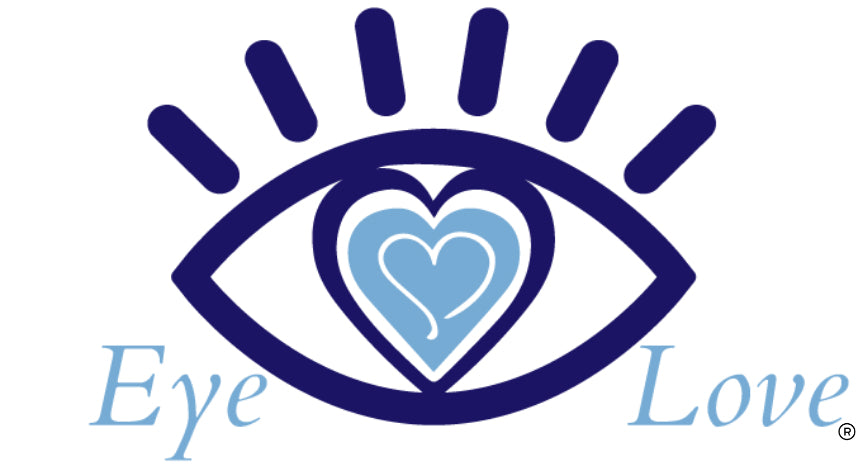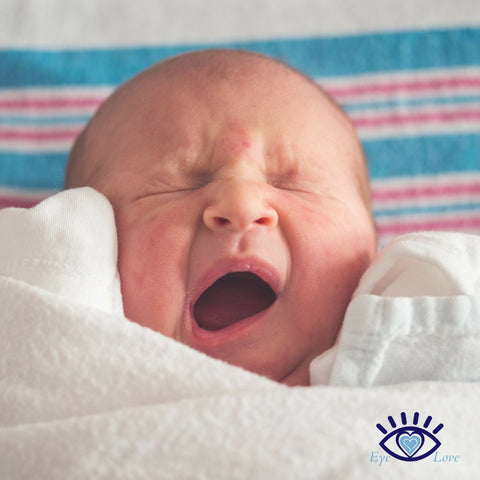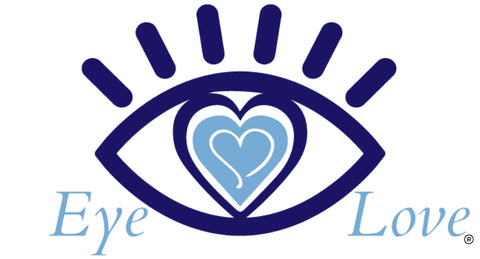What Are the Causes of Dry Eye Disease?
Dry eye disease occurs when a person’s eyes does not create enough tears or produce poor quality tears. The lack of sufficient tears leaves the cornea unprotected from the air. It’s a common affliction stemming from many possible causes.
Causes of dry eye disease can be a sign that something is wrong with the eyes themselves, or it can signal a condition going on in the body. This body imbalance could be a reaction to an outside stimulus or the effects of the environment. All of these things can play a part in the overall health of a person’s eyes. Here are some of the most common causes.
- Aging – Dry eye disease is heavily associated with aging. Many people over the age of 65 suffer from some symptoms
- Pregnancy – The shift in hormones can contribute to dry eye
- Skin disease around the eyes – Skin issues such as eczema or an allergic rash can lead to dry eyes
- Laser eye surgery – Dry eyes are a temporary side effect of laser eye surgery in most cases
- Allergies – Common allergies can create dry eyes
- Damage to the tear glands from radiation or inflammation – Damaged tear glands may produce an insufficient amount of tears or poor quality tears
- Medications – Dry eye disease is a common side effect of many medications such as antihistamines and blood pressure medications such as beta blockers
- Wind or dry Air – Common environmental conditions leading to increase tear evaporation
- Smoke – Being around smoke can increase tear evaporation
- Lack of blinking – Typical of people who read a lot or look at computer monitors for their jobs
- Vitamin Deficiency/Surplus – A lack of some key vitamins or an excess of vitamins can cause dry eyes
- Long-term contact use – This can lead to loss of sensation on the cornea and dry eyes as a result
- Conjunctivitis – Inflammation of the conjunctiva, the membrane covering the front of the eye
- Menopause – The shift in hormones can cause dry eyes
- Gender – Dry eyes are more common in women than in men
- Medical conditions – Ailments such as rheumatoid arthritis, diabetes, and thyroid problems are commonly linked to dry eye disease
- Eyelid problems – Blepharitis, which is an inflammation of the eyelids or inward or outward turning of the eyelids can lead to dry eyes
If you believe you are suffering from the symptoms of dry eye disease, schedule an appointment with your doctor or optometrist for a full diagnosis. Depending on the cause of your ailment, the treatment may be as simple as switching a medication or wetting your eyes with artificial tears on a regular basis. Pay attention to the factors from this list you recognize as a part of your daily life to help your doctor make the correct diagnosis and provide the proper help!
One Love,

Dr. Jenna Zigler
Other Dry Eye articles by Dr. Zigler: 4 Tips to Stop Waking Up With Dry, Painful Eyes; Which Antidepressants Cause Dry Eye; Fish Oil for Fighting Dry Eye Inflammation; and What Not To Eat If You Have Dry Eye






